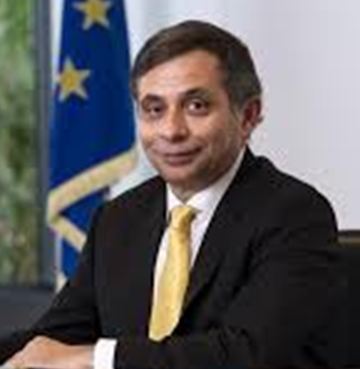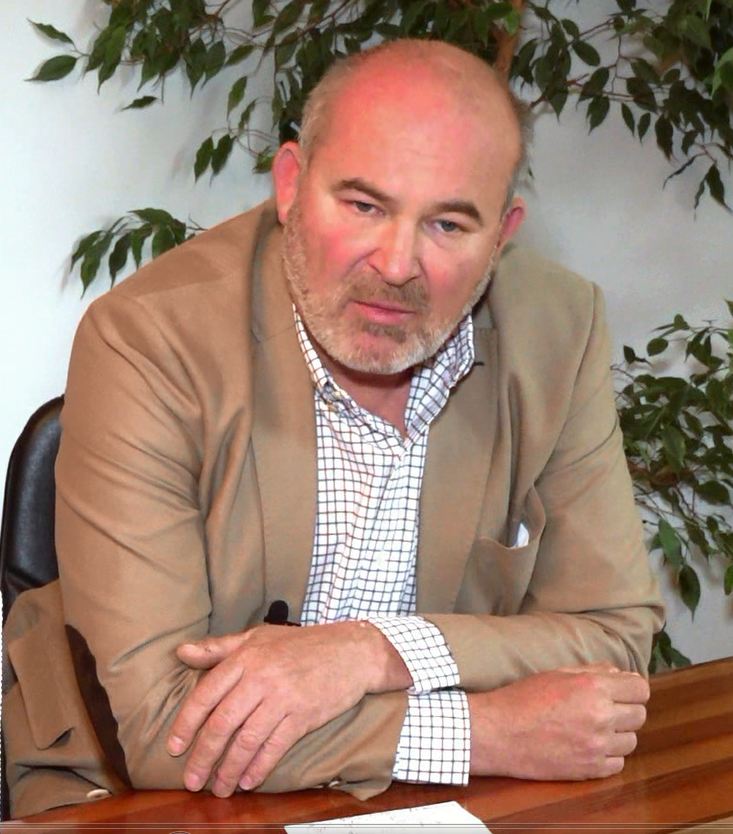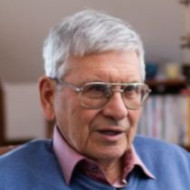Dr. Csizmadia László
JuristDr. László Csizmadia
lawyer
Dr. László Csizmadia
lawyer
– Former Chairman of the Council of the National Cooperation Fund (NEA)
– Founder and spokesperson of the Civil Co-operation Forum (CÖF)
– Chairman of the Civil Cooperation Council (CET)
– one of the main organizers of the Peace March
– founder of the Intellectual Defense movement
– the founder of the idea of EuCET
His publications are continuously published in Magyar Nemzet, Magyar Hírlap. He is the co-author of the Code of Civil Ethics and the Hungarian National Strategy book.
Dr. László Csizmadia\\\\\\\\\\\\\\\\\\\\\\\\\\\\\\\\\\\\\\\\\\\\\\\\\\\\\\\\\\\\\\\’s message to the citizens of Europe:
Civilitics, a science that seeks answers to citizens’ questions of fate, could become a future auxiliary science to politics for the common good. The basis of this supposedly new discipline is the principle of popular sovereignty.
Assuming democratic conditions, general elections as well as the upcoming EP election provide citizens with an opportunity after each cycle to direct the course of their lives. Voting establishes a rank-order in the competition between parties of different persuasions, and the formation of a government then follows the will of the majority of the people.
The decision of a country’s citizens provides the mandate to serve the public good. In the European Union election, we need representatives who conscientiously follow the interests of the nations comprising the alliance.
We refer clearly to the unique features of national interests, and urge patience in the application and interpretation of EU law in particular the application of equal standards. To this end, we propose the introduction of necessary reforms, taking into consideration the unique characteristics of our age and phenomena ripe for legislative regulation.
No conspiracy, individual or small-group, of interests heading towards globalism and striving for global authority can bind the historically-proven progressive spirit of citizens’ civilisation.
Europe is experiencing a historic period: events have accelerated in the last five years, taking the EU’s bureaucracy by surprise, showing it to be slow and overly politicised. Europe’s citizens face new challenges. It is we, who personally experiences the dangers of modern-day migration, intensifying terrorism and the open society that is being forced upon us. It has become clear that Greek Judeo-Christian civilisation, as so many times over a thousand years, is once again under siege by conquering forces.
In this threatened state, the unity of the equal nations of Europe has once again become critically important. The various orientations of politically motivated parties cannot overwrite the principles of the sovereignty of nations and peoples, the preservation of identity, and subsidiarity (which is the source of classical democracy).
Reality is reflected in the events we are witnessing. Each and every day, the citizens of Europe face a decline in their living standards. In recent years, representatives drunk on power have broken away from their voters. With a few exceptions, they all believe that they carry the philosopher’s stone in their pockets.
The governments of certain countries, the European Parliament and the European Commission, like loose cannons, pass laws and introduce measures without legal empowerment, affecting the fates of citizens. They should not be allowed to do so without a mandate from member state parliaments, holding referenda or consulting citizens.
The EU’s Parliament applies double standards to events, and ignores the decisions taken by the parliaments of sovereign countries. Parties, tossing democracy aside, determine the composition of the European Commission as if it were a bargaining process.
We need a strong and smart Europe that provides its people with security. The age of corrupt politicians chosen by counterselection is over. At the European Parliamentary elections, the enforcement of the interests of the people is not simply a desire, but a historic opportunity that will not be repeated.
At the initiative of Hungarian and Polish civil communities, we invite the active citizens of Europe to exercise their control.
In Budapest, on 25-26 April 2019, we established the European Union Civil Collaboration Conference (EUCET).
Let us take the representation of our fate into our own hands!
Let us show civil courage, so that according to the intent expressed in the 12 bullet points below, we may, constructively, replace the political climate of our continent. Let us make it clear that we have the intellectual and physical prowess to exercise civil control, even between electoral cycles.
What does service of the principle of popular sovereignty demand?
- We demand freedom of the press throughout Europe, and an end to censorship under the guise of “political correctness”.
- We demand a responsible Commission in Brussels, dedicated to each of us.
- Based on the principle of popular sovereignty, we demand the enforcement of national sovereignty in Europe.
- The EU must support and defend families, respect regional interests and accept reasonable efforts at autonomy.
- We demand the strengthening of direct democratic tools and citizen- centred reforms of the European Citizens› Initiative.
- We demand order, the safety of citizens, an end to illegal migration and the solid defence of external borders.
- We demand a fair sharing of financial burdens, with regulated contributions from financial organisations and multinational companies.
- We demand a healthy foreign and security policy, and reasonable cooperation with all nations of the world.
- We must all stand up for and protect the cultural identity of modern Europe, based on Christianity.
- The EU must recover the support of its citizens, respecting the subsidiarity of people and communities.
- We demand support for patriots – support for those national civil communities which truly represent the interests of the people.
- Brussels must not discriminate when allocating support to civil communities or when disbursing financial resources to groups supporting or opposing migration. The Rights and Values programme must not serve party interests
Dr. László Csizmadia, chair of the board of CÖF-CÖKA
Similar Members
 Private person
Private person
Henri Malosse
Prof.Henri Malosse is a senior consultant, visiting professor of the Universities, Member of the EESC (Employer\'s Group)
 Private person
Private person
Szalay-Bobrovniczky Vince
state secretarySZALAY-BOBROVNICZKY VINCE Deputy Secretary of State for Civil and Social Relations of the Prime Minister\\\\\\\\\\\\\\\\\\\\\\\\\\\\\\\\\\\\\\\\\\\\\\\\\\\\\\\\\\\\\\\\\\\\\\\\\\\\\\\\\\\\\\\\\\\\\\\\\\\\\\\\\\\\\\\\\\\\\\\\\\\\\\\\\\\\\\\\\\\\\\\\\\\\\\\\\\\\\\\\\\\\\\\\\\\\\\\\\\\\\\\\\\\\\\\\\\\\\\\\\\\\\\\\\\\\\\\\\\\\\\\\\\\\\\\\\\\\\\\\\\\\\\\\\\\\\\\\\\\\\\\\\\\\\\\\\\\\\\\\\\\\\\\\\\\\\\\\\\\\\\\\\\\\\\\\\\\\\\\\\\\\\\\\\\\\\\\\\\\\\\\\\\\\\\\\\\\\\\\\\\\\\\\\\\\\\\\\\\\\\\\\\\\\\\\\\\\\\\\\\\\\\\\\\\\\\\\\\\\\\\\\\\\\\\\\\\\\\\\\\\\\\\\\\\\\\\\\\\\\\\\\\\\\\\\\\\\\\\\\\\\\\\\\\\\\\\\\\\\\\\\\\\\\\\\'s Office
